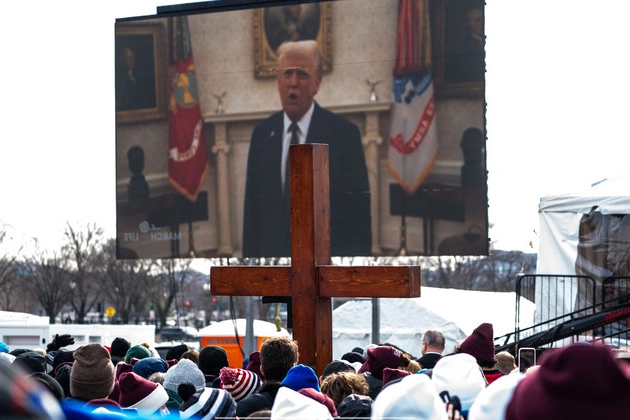
A Texas judge recently imposed a hefty fine on a New York doctor for providing abortion pills to a woman in close proximity to Dallas. This incident marks one of the initial legal disputes in the United States regarding ‘shield laws’ introduced in states where abortion procedures are permitted.
Legal Battle Unfolds
The judgment coincided with New York Governor Kathy Hochul’s refusal to extradite the doctor, Dr. Maggie Carpenter, to Louisiana, where she faced charges for prescribing abortion pills to a pregnant minor. While Louisiana pursued criminal allegations against Carpenter, Texas opted for a civil lawsuit, accusing her of violating state regulations by administering abortion medication through telemedicine practices.
State District Judge Bryan Gantt levied a substantial $100,000 penalty on Carpenter, coupled with a directive to cover legal expenses.
Political Repercussions
Hochul, a Democrat, firmly expressed her decision to dismiss Louisiana’s extradition plea, emphasizing that she would not endorse any such requests. She also instructed New York law enforcement to abstain from cooperating with external warrants related to similar charges.
The legal proceedings against Carpenter signify a significant development as she faces criminal indictments for providing abortion pills across state borders.
Medical and Legal Implications
Abortion pills have emerged as a prevalent method for terminating pregnancies in the U.S., sparking intense political and legal debates post the Supreme Court’s pivotal decision on Roe v. Wade.
The impending legal clash between New York and Louisiana regarding Carpenter’s case is poised to test the efficacy of New York’s ‘shield law’ that safeguards doctors prescribing abortion medication in states with restrictive abortion laws. Several other Democratic-governed states have enacted similar protective measures.
In a separate incident, prosecutors in West Baton Rouge Parish, Louisiana, pressed charges against Carpenter under the state’s stringent anti-abortion statute, potentially subjecting physicians to lengthy prison sentences for performing abortions, including pill-induced procedures.
Public Response
The situation escalated when the girl who received the abortion pills encountered a medical emergency, necessitating immediate hospitalization. Subsequently, the girl’s mother faced charges and surrendered to the authorities.
Louisiana Governor Jeff Landry, a Republican, emphasized the imperative of Carpenter’s extradition to Louisiana for a fair trial, underscoring the pursuit of justice in this contentious matter.
As the legal saga unfolds, the contrasting stances of governmental entities underscore the complex intersection of medical ethics, legal frameworks, and public health concerns.















